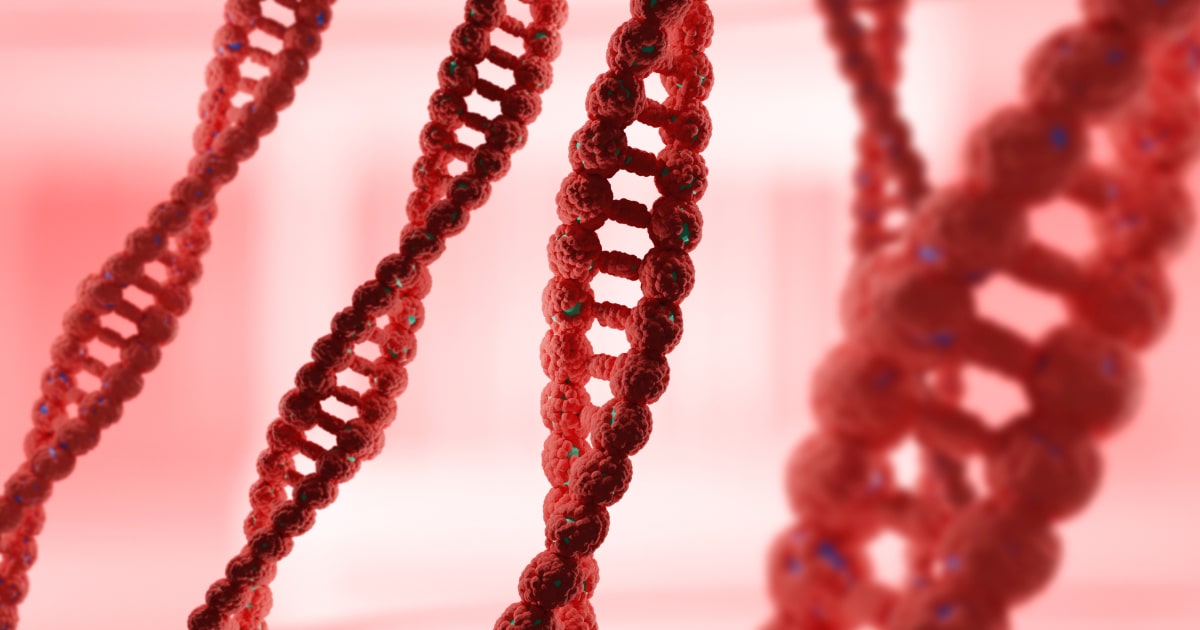
Expert Reviewed By: Dr. Brandon Colby MD
Understanding L-Ferritin Deficiency
L-ferritin deficiency, a rare genetic disorder, is characterized by low levels of ferritin in the body. Ferritin, a protein that stores iron, plays a crucial role in maintaining iron homeostasis. Deficiencies can lead to various health issues, including anemia, fatigue, and impaired cognitive function. The challenge with diagnosing L-ferritin deficiency lies in its similarity to other iron-related disorders, making accurate diagnosis complex.
The Role of Genetic Testing
Genetic testing has emerged as a powerful tool in the medical field, offering precise insights into many disorders, including L-ferritin deficiency. By analyzing an individual's DNA, genetic testing can identify mutations in the genes responsible for ferritin production. This allows for a more accurate diagnosis and tailored treatment plans.
Identifying Genetic Mutations
One of the primary benefits of genetic testing for L-ferritin deficiency is its ability to pinpoint specific genetic mutations. These mutations often involve the ferritin light chain gene (FTL), which is crucial for ferritin synthesis. By identifying these mutations, healthcare providers can confirm a diagnosis of L-ferritin deficiency, distinguishing it from other conditions like iron-deficiency anemia or thalassemia.
Enhancing Diagnostic Accuracy
In regions where genetic hemoglobin disorders are prevalent, such as Cambodia, traditional anemia diagnostics can be misleading. A study published in the Journal of Nutrition found that genetic hemoglobin disorders, rather than iron deficiency, are major predictors of hemoglobin concentration in Cambodian women, affecting anemia diagnosis accuracy. This underscores the importance of genetic testing in providing a more accurate diagnosis of conditions like L-ferritin deficiency, which might otherwise be misdiagnosed as simple iron deficiency.
Personalizing Treatment Plans
Once a genetic mutation has been identified, treatment plans can be more effectively tailored to the individual. For those with L-ferritin deficiency, this might involve specific dietary recommendations, iron supplementation, or other therapies aimed at managing symptoms and improving quality of life. Personalized treatment plans can lead to better outcomes and reduce the risk of complications associated with incorrect treatments.
The Future of Genetic Testing for L-Ferritin Deficiency
As genetic testing technology continues to advance, its applications in diagnosing and managing L-ferritin deficiency will likely expand. Future developments may include more comprehensive testing panels that can identify a broader range of genetic mutations and improved accessibility to testing, making it a standard part of diagnosing iron-related disorders.
In conclusion, genetic testing represents a significant advancement in the diagnosis and management of L-ferritin deficiency. By providing precise genetic insights, it enables healthcare providers to distinguish this disorder from other iron-related conditions accurately. As our understanding of genetics continues to grow, so too will our ability to offer personalized, effective treatments for those affected by L-ferritin deficiency.
For further reading on the impact of genetic hemoglobin disorders on anemia diagnosis, refer to the study published in the Journal of Nutrition: Genetic Hemoglobin Disorders and Their Impact on Anemia Diagnosis.
About The Expert Reviewer
Dr. Brandon Colby MD is a US physician specializing in the personalized prevention of disease through the use of genomic technologies. He’s an expert in genetic testing, genetic analysis, and precision medicine. Dr. Colby is also the Founder of and the author of Outsmart Your Genes.
Dr. Colby holds an MD from the Mount Sinai School of Medicine, an MBA from Stanford University’s Graduate School of Business, and a degree in Genetics with Honors from the University of Michigan. He is an Affiliate Specialist of the American College of Medical Genetics and Genomics (ACMG), an Associate of the American College of Preventive Medicine (ACPM), and a member of the National Society of Genetic Counselors (NSGC)